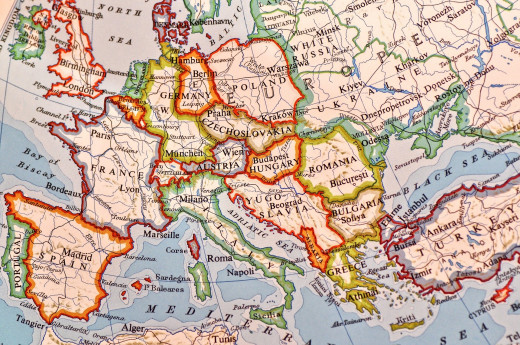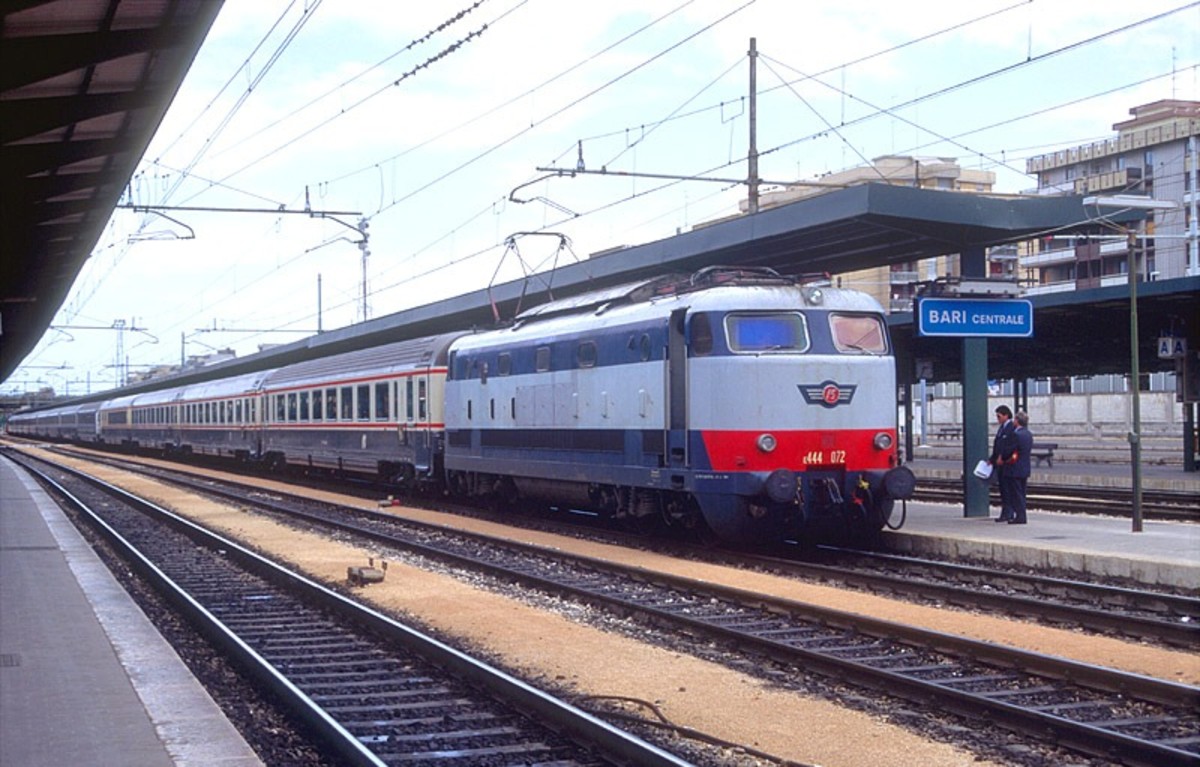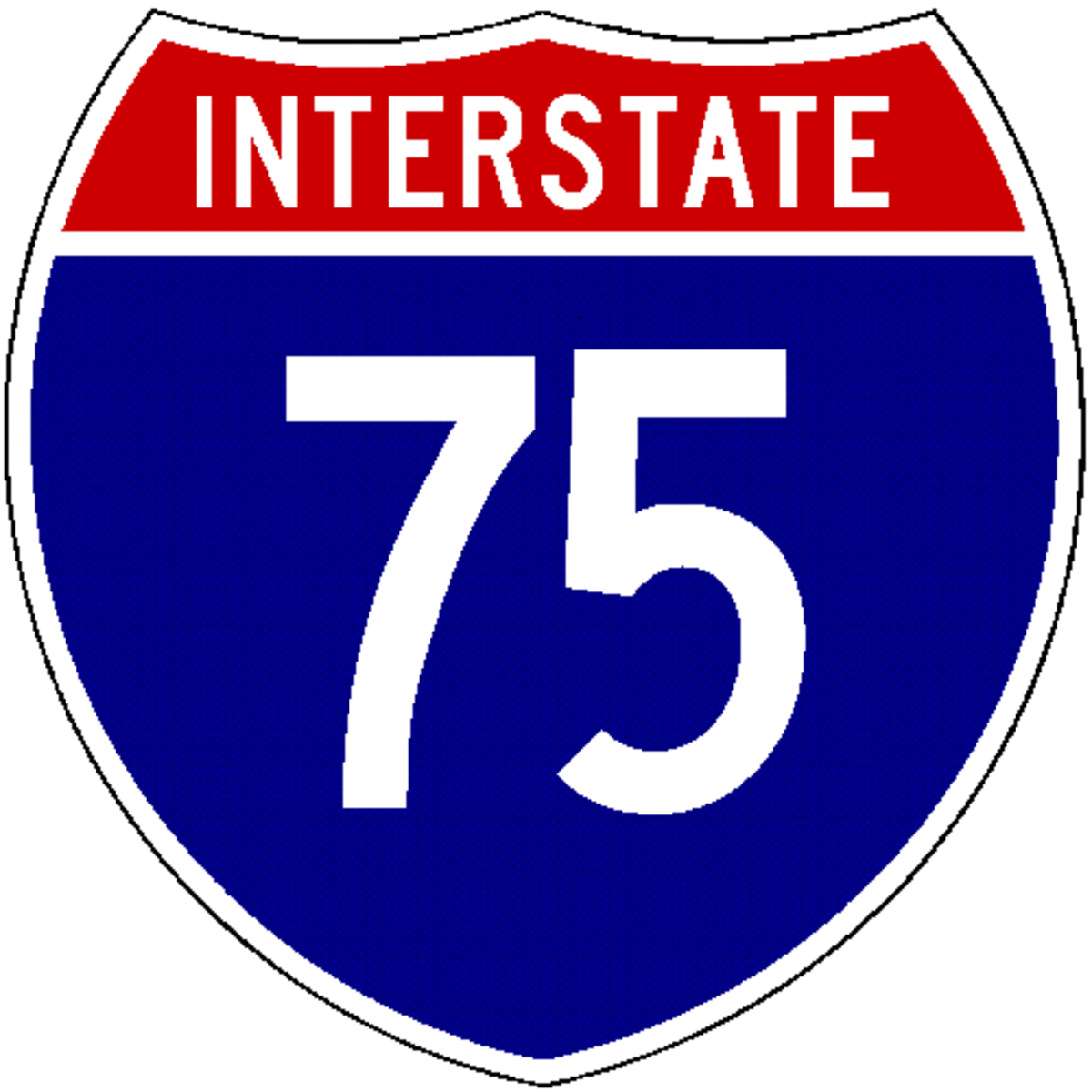Planning a Trip to Europe

Every year, millions of visitors explore the historical cities and landscapes of Europe. Few occasions bring as much delight as planning a vacation in Europe. Preparation for this journey may appear complicated, but the wealth of resources available shall make development an easy task. Prepare sufficiently enough to be ready for European jaunt in no time. Before you begin encountering the rich cultural experience, there are some vital points to apprehend.
Budget
Open up a vacation club account at the bank at least one year in advance of your plans. Have the money automatically deposited from your existing checking or savings. This way, the payment is secure, reducing the temptation of using the money for something else. If you stick to this plan and use self-control, you will be able to procure that wonderful holiday to Europe without pinching pennies.
Destination
Pinpoint the regions that are most relevant to your trip. If you have trouble choosing which area you want to travel to, accumulate a few travel magazines and study up on Europe for ideas. Internet search engines are another excellent resource to look for information, reviews and special events that are ongoing in Europe. It is a good idea to carry notes with the endless amount of information accessible.
The most common method of transport to Europe is to travel via airplane. Cruise enthusiasts can reserve a bi-annual reposition cruise. A reposition cruise is where passengers sail to their destination one way and fly the other.
Once in Europe, the most accessible mode of travel is to take the train. Train services in Europe are renown for their efficiency and cleanliness. However, reservations are always needed even in off-peak periods. Consider one of the inter-continent low-cost air carriers, which require less money than a round trip train ticket. An additional option to take would be to embark on a ship or ferry to visit significant points of interest along the waterways.
Compare Prices
Better deals in airfare and accommodations occur both before and after the summer holidays. Utilize online tools in assistance for obtaining the lowest airfares, hotels, and cars for your European journey. Self-catering vacation apartments and houses should not be overlooked for a unique vacation experience. They tend to be flexible, spacious, cost-efficient and are well-suited for those travelling with large families.
Contacting a travel agent is another option; an agent will inform you about any travel promotions for your chosen destination. Package deals by tour operators combine the cost of the airfare, hotel, and any transfers needed throughout the trip. This creates less expensive experiences than purchasing the items individually.
Documents
A valid passport is mandatory to travel through Europe. It is highly advisable to verify with an Embassy for the specific circumstances, as they could periodically change. For some countries, you may be required to obtain a tourist visa.
Currency Exchange
Numerous European nations use the Euro as currency, with only a few exceptions (The UK, Switzerland, Denmark, amongst others). The exchange rate fluctuates minute to minute, so don't let yourself be caught off guard by the change. Attempt to exchange some money before departing. Then, purchase the balance overseas with your ATM card at a bank or an authorized currency exchange office.
Pre-Arrange Sightseeing
Major tourist destinations in Europe offer sightseeing passes that will enable you to pay a reduced price that will provide you access to several leading museums, tours, and monuments. Passes can be obtained in advance online at the city's official tourist site. Book hop-on-hop-off buses online for major city tours. Other transportation passes that are required should also be considered before departure.

This content is accurate and true to the best of the author’s knowledge and is not meant to substitute for formal and individualized advice from a qualified professional.
© 2020 Matthew Shine








